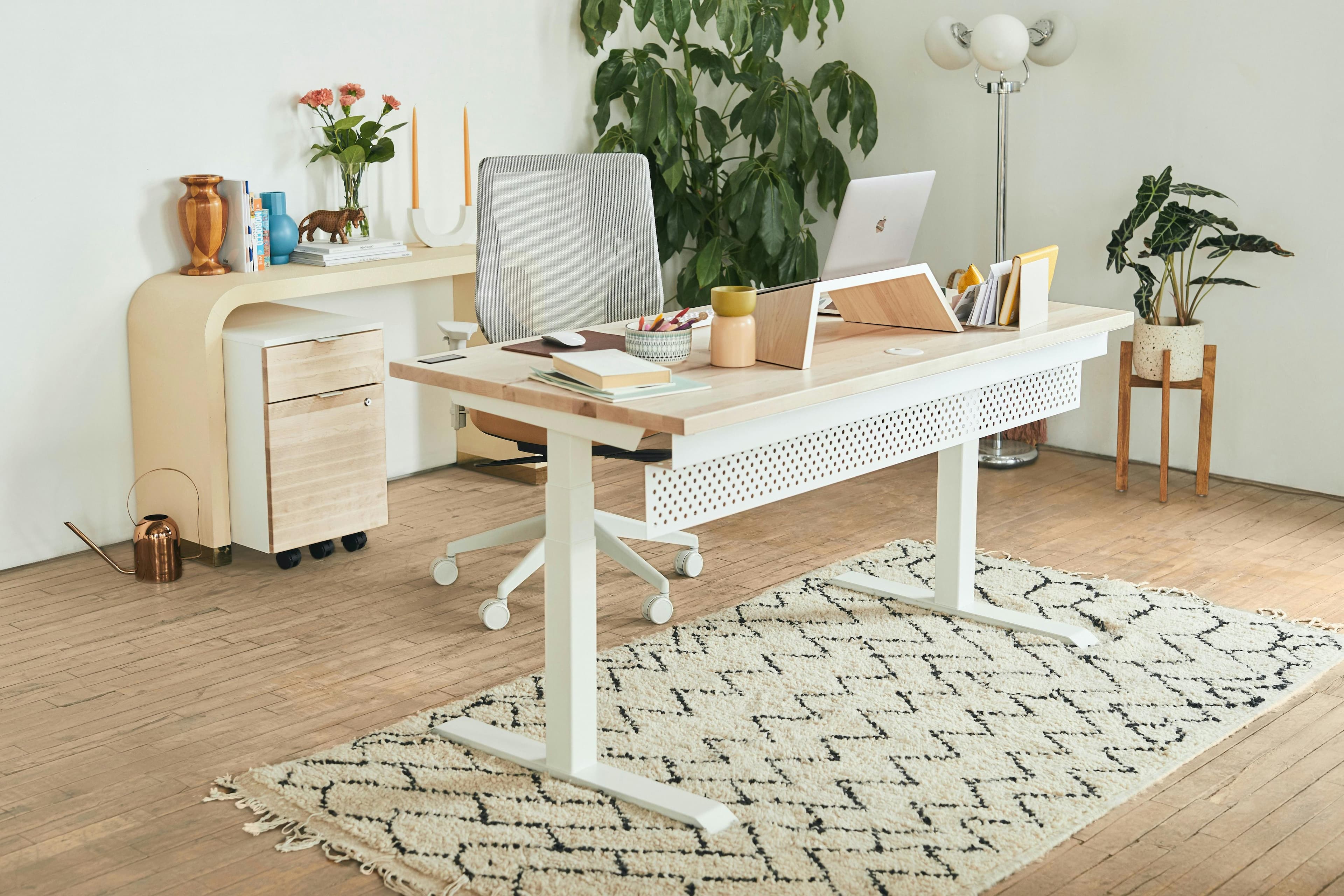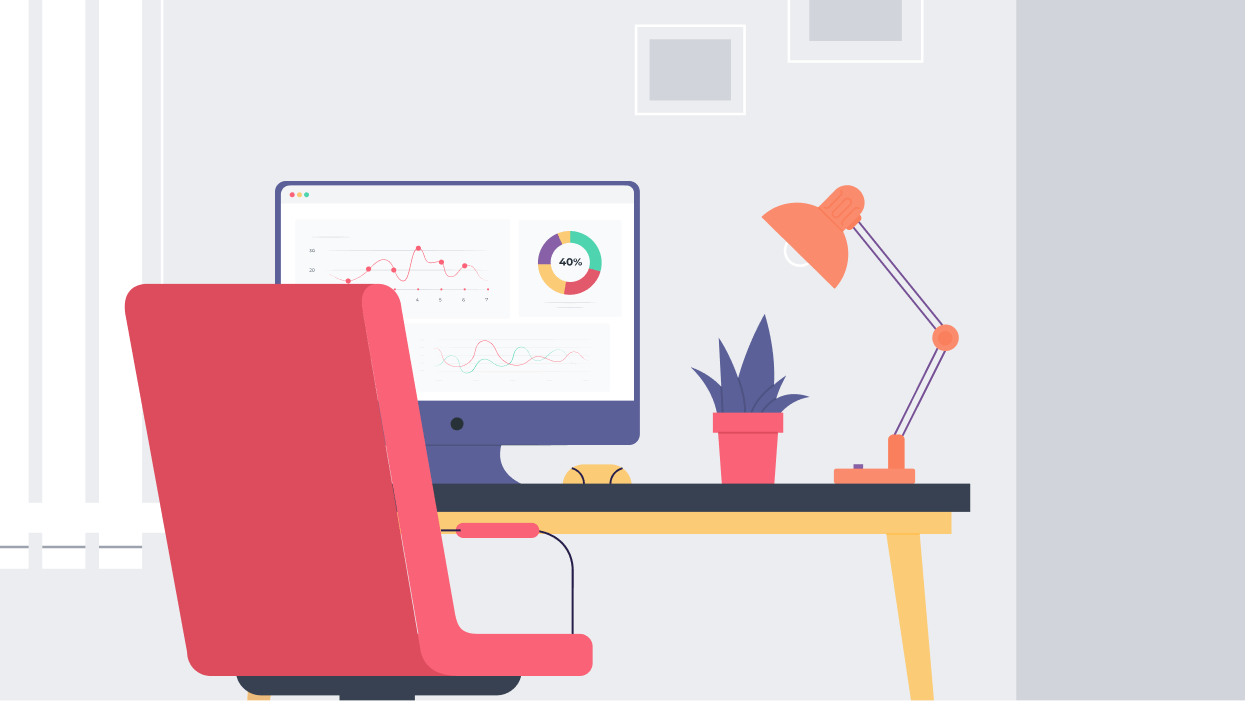
What records do I need to keep as a sole trader?
December 23, 2021What records do I need to keep as a sole trader?
Why do I need to keep business records?

What happens if I don’t keep my business records?
How can I keep records as a sole trader?
With our snap-and-capture technology, you can safely store your receipts as soon as you spend, and our auto-generated invoices mean you have a reliable archive of every invoice you’ve issued to your clients through us. You can also manually input any invoices issued or receipts collected outside of the app, ensuring that everything you need to submit your tax return stays in one place. Did we also mention that it’s free?






